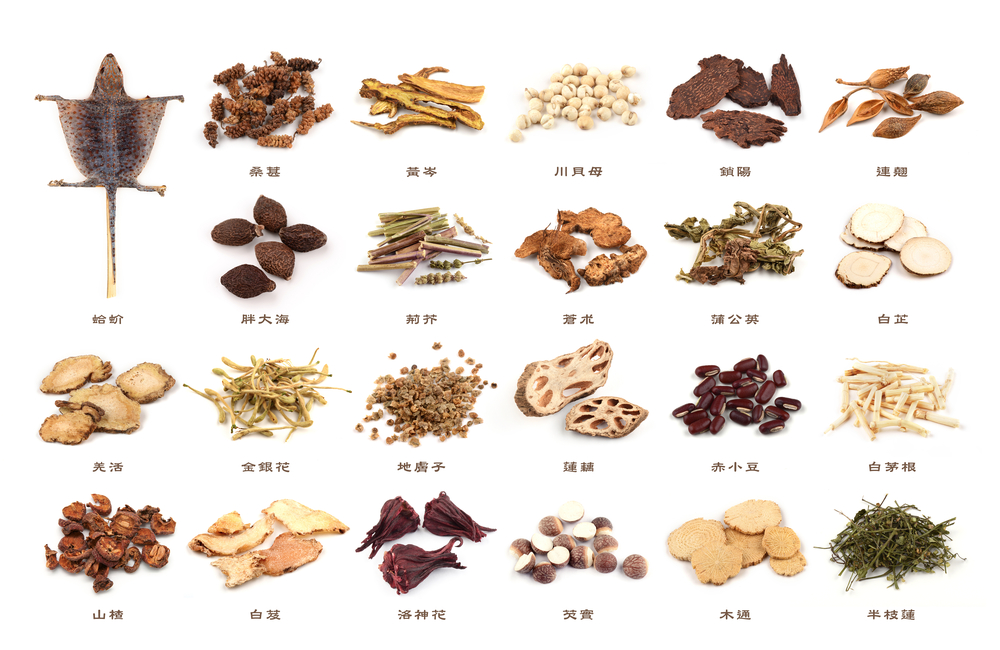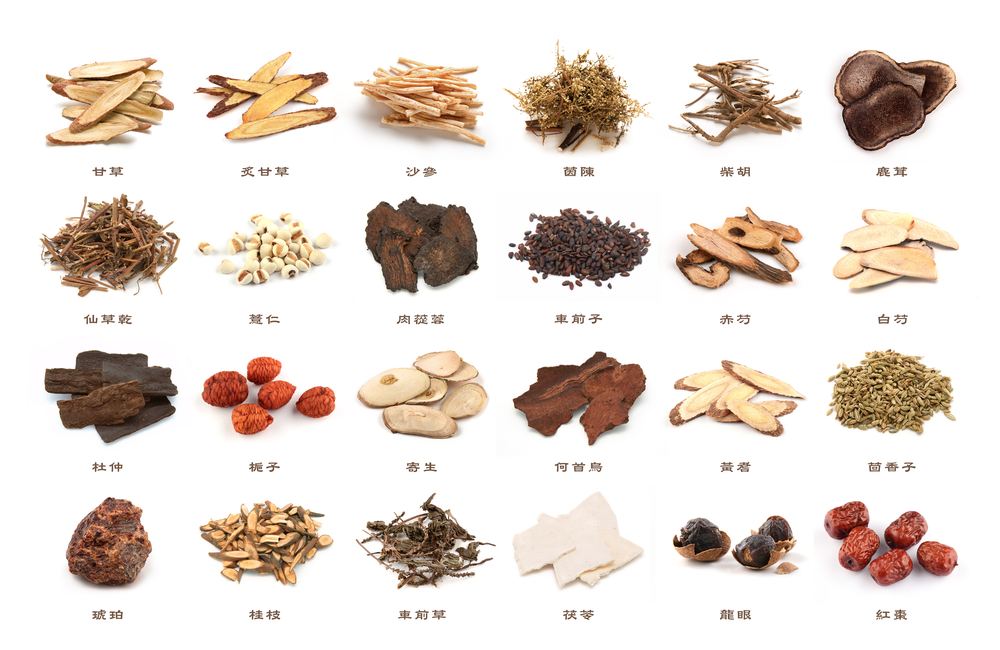
Chinese Herbal Medicine
Herbal medicine is the heart of Chinese medicine and is often necessary for re-establishing balance in the body and improving health. Many of the plant and mineral-based formulas we use have been in use for centuries. Over that time, a vast amount of experience has been gained toward perfecting their clinical applications. Clinical studies have proven the effectiveness of many single herbs as well as herbal combinations. In many cases, Chinese herbal medicine can improve the effectiveness of pharmaceuticals, reduce their side-effects, and sometimes replace them completely. Over the past four decades, scientists have discovered the active components that explain their effectiveness and some modern pharmaceuticals have actually been developed from herbs.
How do I take the herbs?
Historically, the most common method was to make a tea from the raw herbs. Because of the time it takes to boil the herbs and the strong odor, this traditional method is met with considerable resistance in western countries.Thus, modern advances have paved the way for teapills, extract powders and tinctures.
Extract powders, also called granules, are the mainform used in the clinic. They are easy to take and also easily customized for individual patterns. To make the extract powders a large batch of tea is brewed and then dehydrated, producing tiny granules of the extracted herb constituents. These can be consumed in capsules, or mixed with hot water to make a tea.
What about safety and quality?
The Chinese herbal products prescribed at my clinic are from Evergreen Herbs. Evergreen sets the gold standard in the field for purity, potency, and safety. Every country has a set of manufacturing guidelines known as Good Manufacturing Practice (GMP). Evergreen Herbs meet both food and pharmaceutical GMP standards. This means you can trust the herbs are free of pesticides, contaminants, heavy metal pollutants, and additives.
How long will I need to take herbs?
Herbs are prescribed based on the current presentation of a patient, and generally fall into three categories.
The first category is treatment of an acute illness, such as a common cold or stomach bug, and typically lasts 1 – 30 days. If an acute outbreak is caught early enough, herbal treatment will prevent further development of the disease and can shorten the duration.
The second category of treatment is for chronic conditions which have persisted for several months or years. The treatment time is dependent on the dosage used, and the patient’s ability to undertake all necessary steps to overcome the disease. When a proper dosage of herbal therapy is applied, most ailments come under control (and some are cured) with a 4 – 6 month treatment duration. The goal of taking herbal medicine is to restore homeostasis and strengthen organ function so the body can operate effectively on its own. This is a major difference between Chinese herbal medicine and pharmaceuticals, being that the objective is not to create dependence but to restore the body’s own innate function.
In the third category, herbs are taken for an extended period, just as some pharmaceuticals or supplements are taken daily. This can be the case when there is a chronic unremitting disease state. Certain herbal formulas can also be taken long term to promote longevity and support the immune system.



